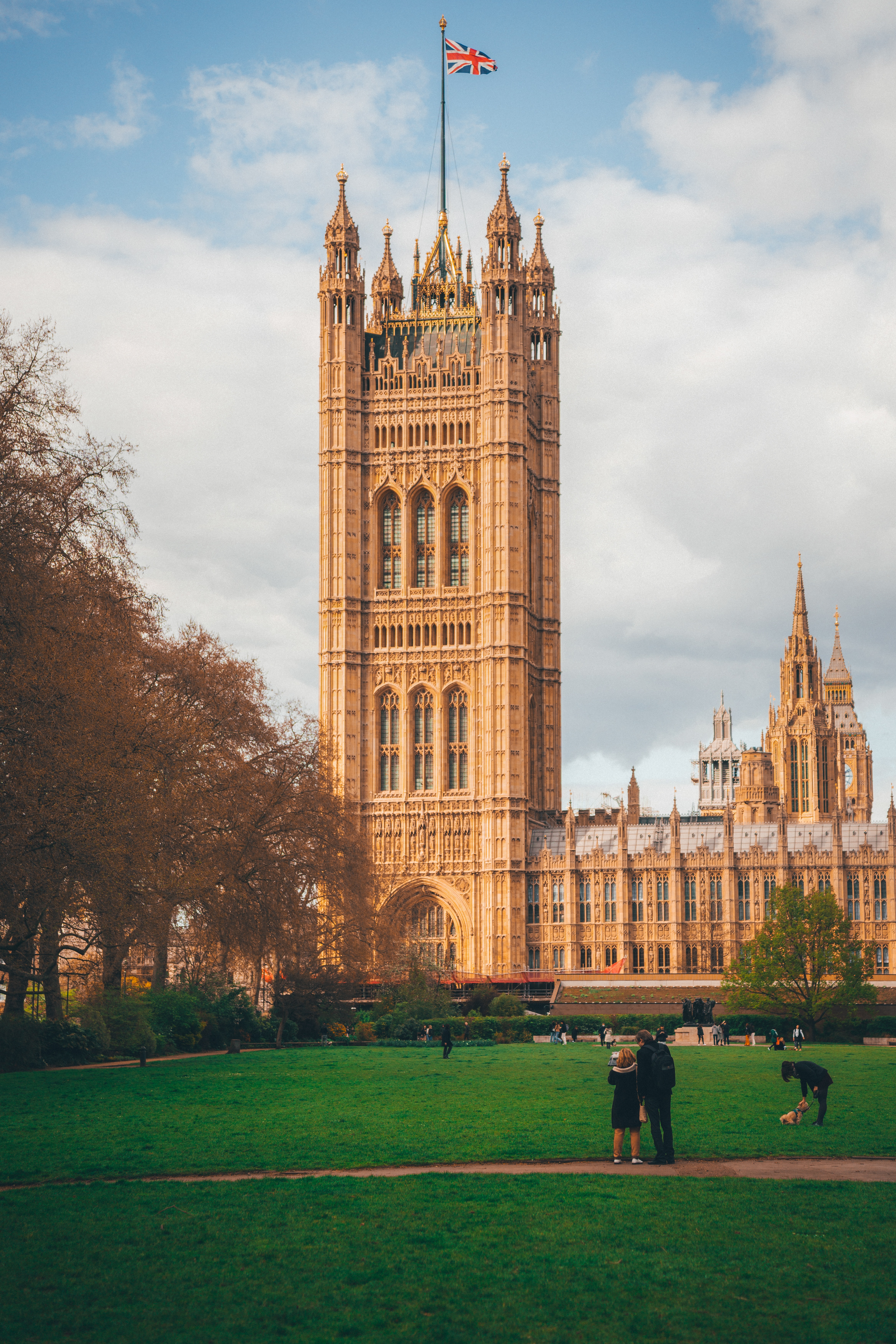Photo by Andrea De Santis on Unsplash
Honours lists recognising ordinary people for their extraordinary achievements are traditionally published every New Year and the Monarch’s birthday – a welcome tradition. Less welcome is the list following the departure of a Prime Minister.
The imminent publication of Boris Johnson’s and Liz Truss’s lists throws a spotlight on the anachronistic absurdity of such awards of honours in the UK. While their details are currently unknown, some outcomes are already certain: there will be more members appointed to the House of Lords and all will be cronies of the ex-Prime Minister and/or donors to the Conservative party. This is unlike anywhere else in Europe.
As Mayor of London in 2015, Boris suggested there should be a “Dignitas” approach of assisted dying for Lords’ membership numbers, adding that there probably should be only “about 400 legislators”. As Prime Minister he further promised to honour in full Theresa May’s commitment to reduce the number to at least 600. Like most of his promises these were empty words, as his actions proved: there are now around 800.
The UK House of Lords is the largest second chamber in the world. Only two other countries with bicameral systems have an upper house larger than the lower house, namely Kazakhstan and Burkina Faso – neither noted as great beacons of democracy. On average upper chambers of national Parliaments globally have an average of around 60% of the numbers of their lower house.
Many EU countries have bicameral Parliamentary systems, and as with federal countries such as Australia, Canada and the USA their upper houses are designed to represent individual regions or states. Lower houses are always directly elected, but second chambers may follow different traditions: for example, in Poland the Senate is directly elected while in Austria members are elected by regional authorities. There may be tensions between the two chambers in terms of powers of veto, but the general principle of representation from the regions is widely accepted.
Regional representation was the original concept in Britain when Parliament was set up in the Middle Ages to advise the Sovereign, with members from the shires of England and Wales and later the boroughs. The Lords then grew to become the dominant force in politics until Oliver Cromwell found it thwarted his plans, so he abolished it in 1649 famously declaring that the Commons had decided “by too long experience that the House of Lords is useless and dangerous to the people of England”. Some today might agree.
Meanwhile the House of Lords was re-established alongside the restoration of the monarchy with Charles II in 1660 and has grown steadily in numbers ever since even as its powers have reduced. In the 19th century numbers ballooned from the original fifty or so, and this principle of patronage allegedly gave the English language a memorable phrase. In Victorian times Prime Minister Lord Salisbury (Robert Cecil) appointed his favourite albeit undistinguished nephew Arthur Balfour to various political positions, ultimately anointing him as his successor. People later told him the reason for his elevation was because “Bob’s your uncle!”
Since then, political leaders of Left and Right have successively – though passively – clamoured for reform. Instead of appointing yet another Commission, a ready-made solution would be a return to its regional roots and follow the example of Europe: a smaller house and representing the regions. But if there is to be reform, let it be “root and branch” and change the whole system of awarding honours.
Some honours are already automatic. A Member of Parliament becomes an “Honourable Member” immediately, though loses this courtesy title when leaving the role. Cynics might think that all people are honourable – until they become politicians: the reverse applies in the UK.
Younger children of Lords and Ladies are also referred to as “The Honourable”, but only when referring to them as a third party and not when speaking to them directly. Rules are rules.
After twenty or so years MPs can become eligible for a knighthood. This does not make them more Honourable, unless they are also appointed members of the Privy Council: then they become Right Honourable. Boris Johnson is therefore both Right and Honourable: readers may have other views.
Queen Elizabeth I introduced the idea of a Privy Council, officially to give advice but also to flatter the egos of some of her more fractious barons. She appointed 19 Counsellors, all noble men. Today there are 740 – at last count – whose responsibilities are still to act as advisers to the Sovereign. Given the statements and movements of the Monarch are now bound by convention and choreographed by the Government, this antiquated role just further fuels elitism today. Why not get rid of the lot?
Now is the time for reform to be radical, rapid and robust. It would be an honourable thing to do.




